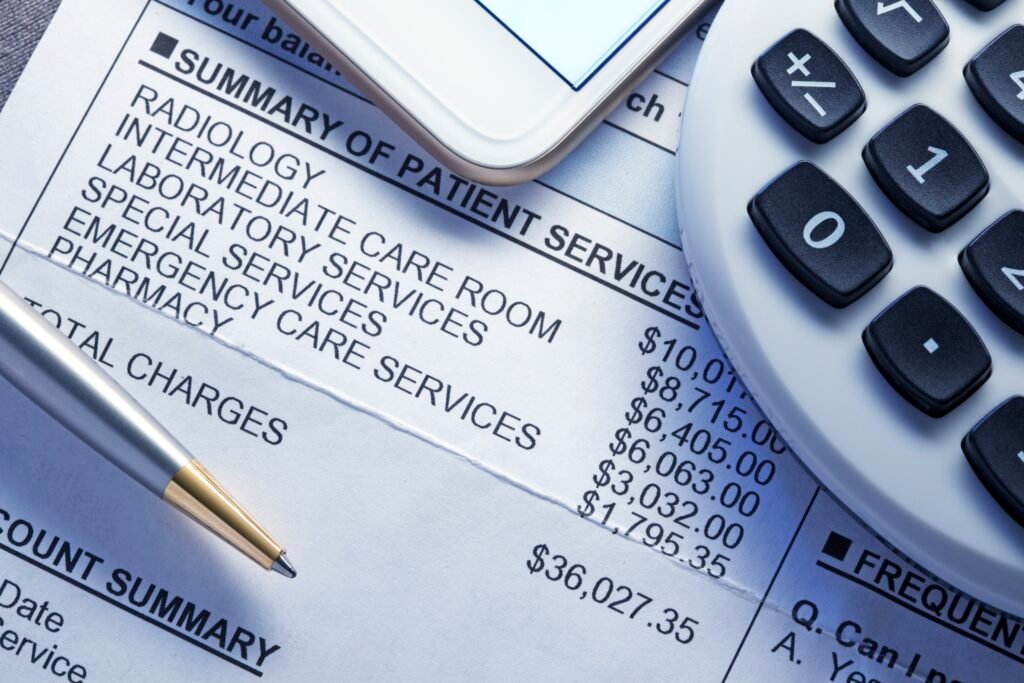The issue of medical debt in America has reached a staggering scale, with millions of people burdened by unpaid bills. In a recent development, a nonprofit organization based in New York, Undue Medical Debt, has made a substantial move to alleviate this crisis by paying off old medical bills for an estimated 20 million individuals. This unprecedented transaction, totaling $30 billion in retired debt, was made possible through a deal with Pendrick Capital Partners, a debt trading company based in Virginia.
The average amount of patient debt being retired through this deal is $1,100, with some cases reaching hundreds of thousands of dollars. This initiative aims to prevent the debt from being sold to collectors, providing much-needed relief to millions of individuals. However, while these efforts are commendable, they only scratch the surface of a much larger issue that impacts around 100 million Americans.
Undue Medical Debt’s CEO, Allison Sesso, highlighted the unsustainable nature of how healthcare is financed in the U.S., emphasizing that medical debt often places unreasonable expectations on individuals who are unable to pay. Recent reports have shown that Americans borrowed an estimated $74 billion in the past year alone to cover healthcare expenses, underscoring the urgent need for systemic changes.
The deal with Pendrick Capital Partners sheds light on the challenges faced by debt collectors, hospitals, and healthcare providers as patients struggle to pay off large medical bills that are not covered by insurance. By retiring a significant portion of this debt, Undue Medical Debt aims to provide immediate relief to those affected, although the broader issue of healthcare affordability remains a pressing concern.
This groundbreaking purchase also raises questions about the value of paying collectors for medical debts, with advocates calling for systemic changes to prevent individuals from falling into debt in the first place. While debt relief initiatives offer temporary respite, long-term solutions such as improving financial aid programs at hospitals and addressing high medical costs are crucial in addressing the root causes of medical debt.
Undue Medical Debt’s innovative approach to debt relief has garnered both praise and criticism, with ongoing efforts to leverage charitable donations and taxpayer dollars to alleviate medical debt in communities across the country. The organization’s latest deal, financed at $36 million, is set to benefit patients nationwide, with a focus on states like Texas and Florida where Medicaid coverage has not been expanded.
As policymakers and healthcare leaders grapple with the complexities of America’s medical debt crisis, initiatives like Undue Medical Debt’s debt relief program serve as a reminder of the urgent need for comprehensive reforms. By addressing the underlying issues that contribute to medical debt and advocating for national-level solutions, we can work towards a healthcare system that is equitable and accessible for all.


